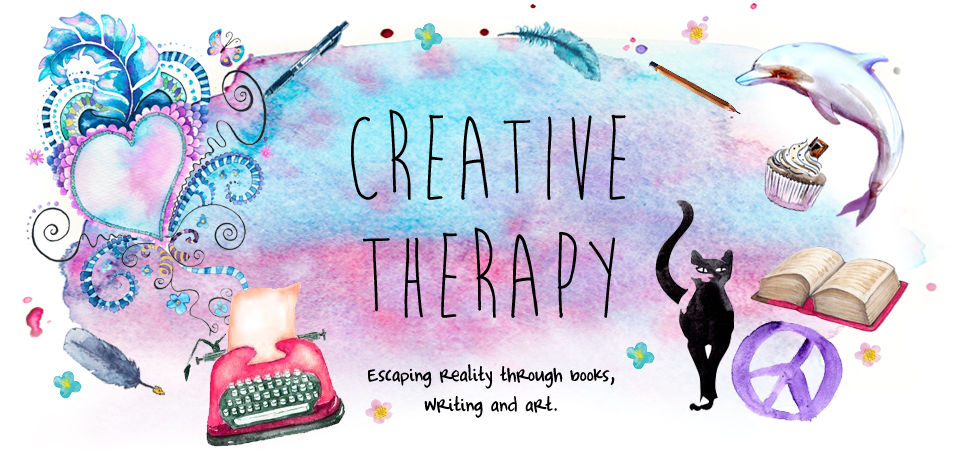For the letter 'E' I have chosen to write about Etiquette. British standards of etiquette are often satirised by the rest of the world. We have a reputation for being overly polite and modest-but do we really live up to this stereotype? To a certain extent, yes, though not to the extreme usually expected! Not everyone follows the 'rules' of etiquette and older people often bemoan the manners of the younger generation. As our society becomes more multi-cultural, we are also beginning to adapt to include customs from other countries.
But as a nation we tend to be quite sensitive and overly concerned with what others think of us. We are afraid of being perceived as arrogant or rude, so we tend to overcompensate with our manners, sometimes to a ridiculous degree. Perhaps our murky, colonial past has instilled us with a guilt complex. The Facebook page 'Very British Problems' has some hilarious examples.
Some of my Polish friends find British etiquette utterly confounding and wonder why we don't just 'call a spade a spade'. People from most other countries are not afraid to speak their mind and ask for what they want outright. But if we removed all the bumbling introductions and qualifications from our speech we'd probably say very little at all!
Most British people seem to unconsciously follow the same (or similar) unwritten rules. Here are some that spring to mind:
Sorry is the Easiest Word
Apologise for anything that may cause the slightest possible inconvenience to anyone else, even if it wasn't technically your fault and they didn't mind anyway. Apparently we have this in common with Canadians.
This includes accidentally bumping into someone in the street, interrupting your boss with an urgent phone call, reminding someone that they have forgotten to make you a cup of tea, mishearing someone, not having a watch on when someone asks for the time or not knowing directions when someone asks-even for sneezing or coughing at an inappropriate time.
Thank You for Everything-Literally
Similarly to the 'sorry' rule, you must learn to thank everybody profusely for anything remotely connected to them. Thank people for their custom, for giving you something you didn't want and have no use for, for asking you a question that you answered for them, for giving you more work to do, for not running you over as you cross the road, for doing nothing more than their duty or what is expected of them. You wouldn't want people to think you didn't appreciate them!
The Rule of Refusal
If someone offers you a biscuit/drink/cake etc. you shouldn't accept the first time. Instead you have to go through a ridiculous exchange before accepting their offer, such as:
"Would you like a biscuit?"
 |
| Very upsetting when this happens. |
"Are you sure?"
"Yes, I've just eaten thanks."
"Oh, go on, one won't hurt!"
"Oh, all right then, thanks very much"
Then you pretend to take the biscuit reluctantly, as if they have persuaded you into it. Occasionally this backfires on you when someone who doesn't understand the game actually believes you when you say you don't want the biscuit and doesn't offer again.
First Come, First Served
When waiting for something, form an orderly queue in single file. Queue-jumping is met with severe glaring and tutting.
Silence is Golden
 |
| Too many times. |
If you have a problem it's best not to say anything so as not to inconvenience anyone-or worse, to embarrass yourself in front of one or more people. Keeping a stiff upper lip and suffering in silence is the British way. Far better to collapse from a stress-induced heart attack than to admit you need help!
There are countless other rules of course. I could write a whole book on polite small talk or table manners.
If you're British, do you find yourself automatically following these rules or have you broken the mould? Are they ridiculous or something to be admired? If you're not British, how bonkers do you think we are on a scale of 1-10?






Brilliant. This really brought a smile to my face, especially the biscuit rule . . . thinking about those who just don't know and the look on my child's face when they want the last one and politely offer it first, and someone takes it.
ReplyDeleteVisiting from AtoZ
I don't think it's silly at all, in fact much of what I read here is how I was raised in my very American home! I think I'd feel right at home in England actually.
ReplyDeleteGreat post...wish more Americans knew what manners truly are!!!
ReplyDelete